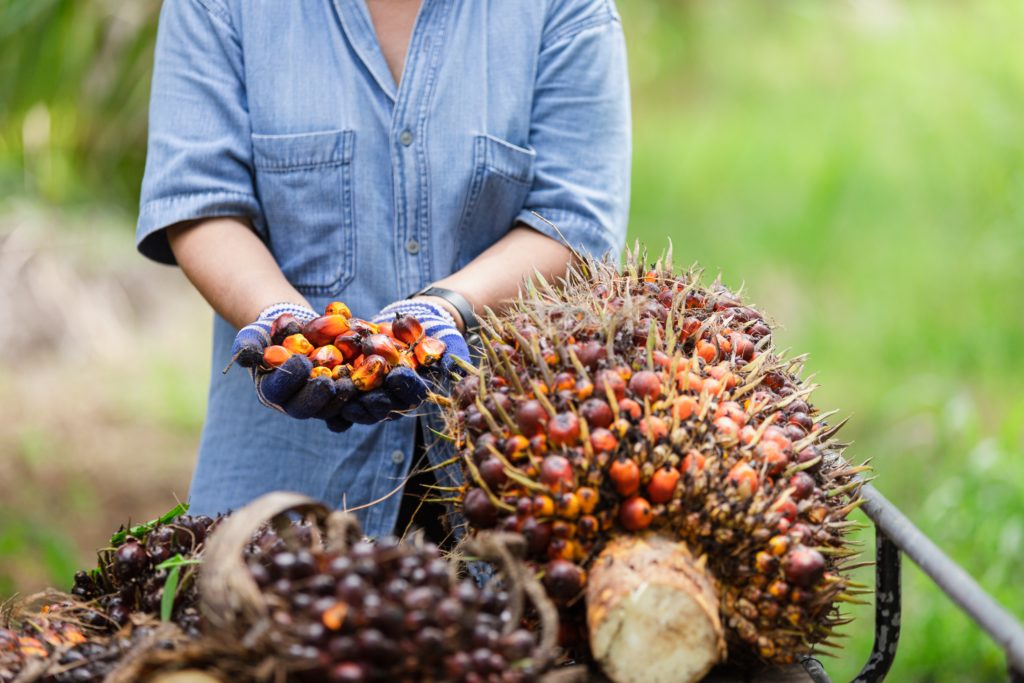Clean Food Group, a food tech company based in the UK, plans to commercialize a yeast-based palm oil alternative that could reduce global deforestation. Clean Food Group has acquired the intellectual property and the process developed by researchers at the University of Bath as part of a $2.2 million (£1.8 million) investment.
The development process began in 2016 at the University of Bath, where Professor Christopher Chuck had been working on a project using “unique fermentation processes to develop a palm oil substitute from lignocellulosic waste.” Examples of lignocellulosic waste include bagasse wastes, rice wastes, corn wastes, spent grains and miscellaneous wastes.
Alongside Chuck, researchers worked with Metschnikowia pulcherrima, a yeast used in South Africa’s wine industry, to cultivate an oily yeast that matched palm oil’s key properties almost identically. The Metschnikowia pulcherrima strain has also been found in Vietnam, South Africa, Italy, France and on the University of Bath’s campus.
Related: 3 Carbon Neutral Food and Beverage Products
Researchers used fermentation technology to grow the yeast in tanks, like those used in brewing, while using lignocellulosic waste as a feedstock and renewable energy as an energy source to make the final product clean and sustainable.
Once it hits the market, the palm oil alternative can be used in all products that currently require palm oil. Clean Food Group is also optimistic it can reach price parity with conventional palm oil.
Earlier this year, the intellectual property gained during the project was acquired by Clean Food Group, where Chuck is a technical advisor. The company is hoping to commercialize the palm oil alternative by 2023 in order to reduce dependency on palm oil, whose high melting point and saturation levels make it a desirable ingredient in food applications and other industries.
Deforestation from palm oil is a significant factor in the decline of the world’s fauna, with certain species on the verge of extinction. However, due to expanding use in the food industry, worldwide demand for palm oil is increasing faster than supply can keep up. The global palm oil market will reach $98.8 billion, growing at a compound annual growth rate (CAGR) of 5.2 percent between 2022 and 2030. Demand is particularly high in Asia, where more than 60 percent of the world’s palm oil is currently consumed.
While Clean Food Group is hoping its palm oil alternative can make a dent in the deforestation, pollution and emissions that come with traditional palm oil production, others believe the solution lies with sustainably produced palm oil. In 2004, the Roundtable on Sustainable Palm Oil (RSPO) was established to promote the growth and use of certified sustainable palm oil. However, certified oil still only represents 19 percent of global production.
Since certification alone cannot address all the negative impacts of palm oil, a multi-faceted approach is needed. Producers must adopt sustainable practices; governments in producer and consumer countries must create and enforce laws that help end deforestation; and banks and investors should require their clients to implement policies for the sustainable production, sourcing and financing of palm oil.
For now, Clean Food Group is working on preparing its Novel Foods dossier, which if passed, could grant the company regulatory approval.












Join or login to leave a comment
JOIN LOGIN